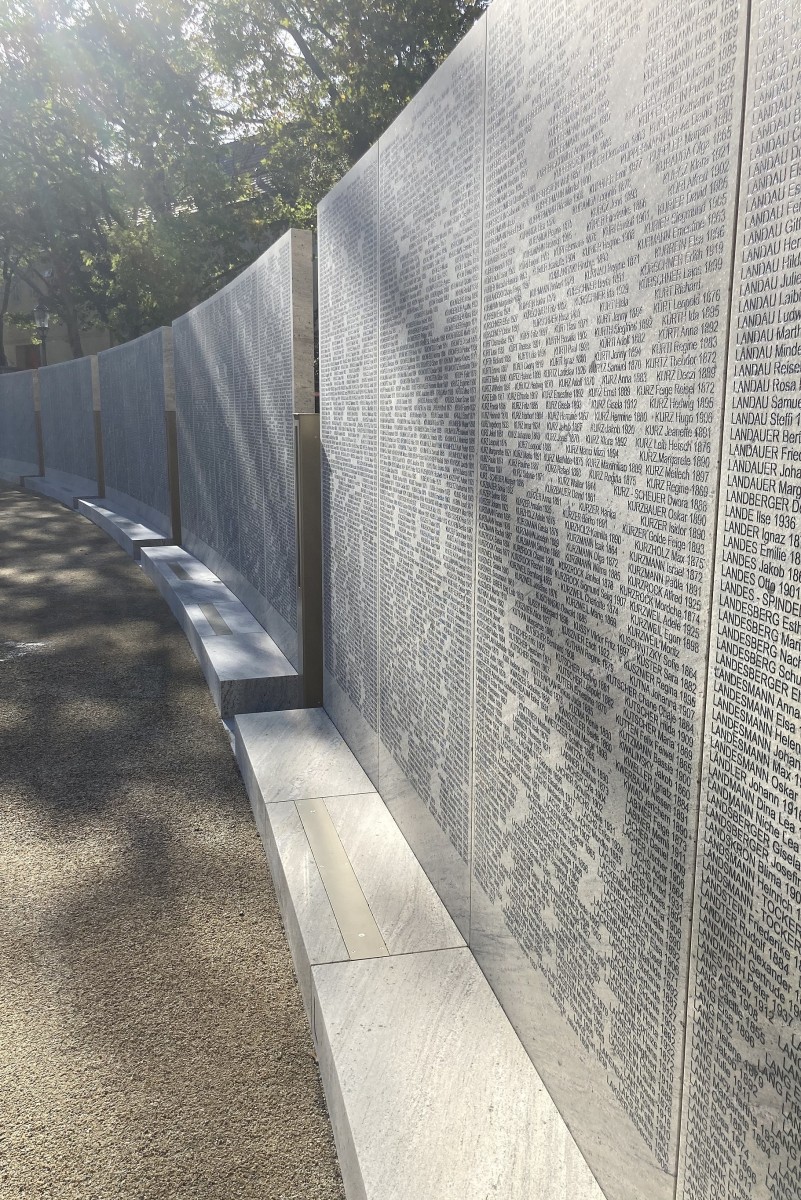Sponsored Content
Controversy Over FPÖ Candidacy for Yad Vashem Board Shakes Jewish Communities
The nomination of Wels Mayor Andreas Rabl of the Freedom Party of Austria (FPÖ) for a position on the board of the "Austrian Friends of Yad Vashem" has triggered a broad wave of outrage and criticism that reaches far beyond Austria's borders. Rabl's candidacy, known for his affiliation with a party that is often criticized for its extreme right-wing tendencies, was met with staunch opposition from renowned institutions and personalities.
 The FPÖ mayor of Wels, Andreas Rabl, wants to become deputy chairman of the Austrian Friends of Yad Vashem. / Picture: © Wikimedia Commons / Christian Michelides, CC BY-SA 4.0 (https://creativecommons.org/licenses/by-sa/4.0)
The FPÖ mayor of Wels, Andreas Rabl, wants to become deputy chairman of the Austrian Friends of Yad Vashem. / Picture: © Wikimedia Commons / Christian Michelides, CC BY-SA 4.0 (https://creativecommons.org/licenses/by-sa/4.0)
The controversy erupted when Yad Vashem wrote to express its surprise at the upcoming elections, particularly as neither the selection process nor the list of candidates had been agreed with the organization in Israel. The call for the election to be suspended and renegotiated underlines the serious concerns regarding the political affiliations of some of the candidates.
From…
or Log In
Fast News Search





